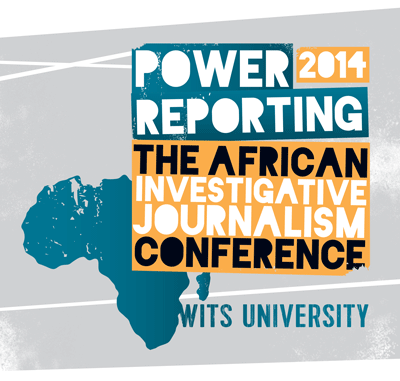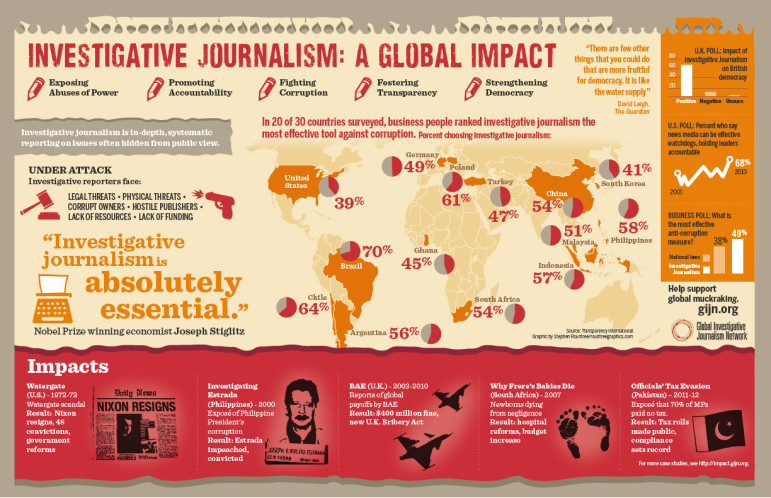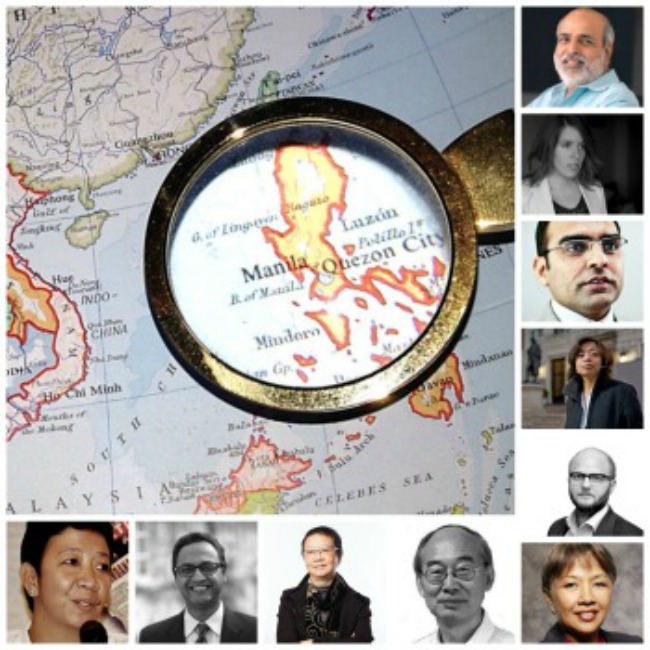
UN-Backed Meeting Calls for West Africa Investigative Reporting Center
Journalists from 14 countries in West Africa have called for creation of a regional Centre for Investigative Journalism and for African media to use investigative techniques to expose corruption and illicit trafficking, which they say are impeding human development and worsening security. The declaration came after a one-week conference organized by the UN Office on Drugs and Crime (UNODC).









